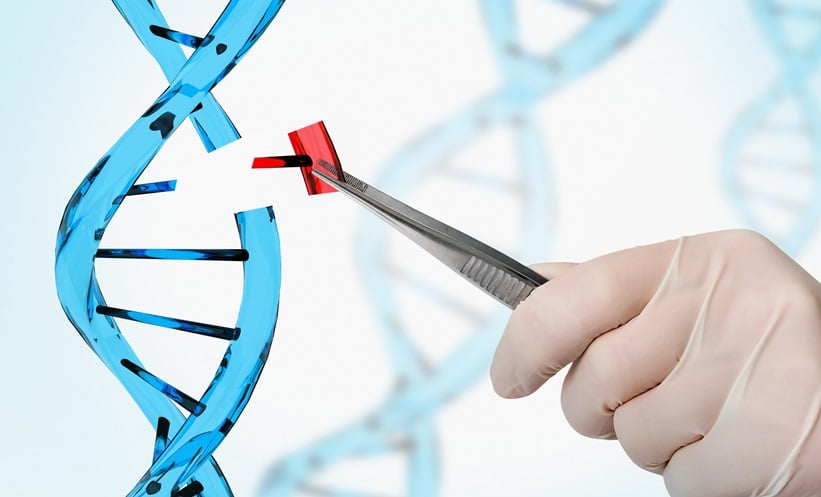A NEW study has found that boosting levels of a specific fat molecule using nonviral gene therapy can help counteract age-related heart dysfunction, potentially opening the door to new treatments for cardiovascular disease in older adults. The research focused on the lipokine 12,13-diHOME, released by energy-burning brown fat, which declines with age.
As the population ages, cardiovascular disease becomes an increasingly pressing concern, with risk rising sharply in people over 65. Brown fat has emerged as a target for therapies because its activity supports heart health by burning energy and releasing beneficial molecules. Previous work highlighted that exercise could increase 12,13-diHOME and protect the heart, prompting researchers at The Ohio State University to test if this benefit could be achieved by other means.
Scientists analysed blood from young and older humans and mice, confirming that 12,13-diHOME levels drop with age in both sexes. In animal experiments, transplanted brown fat from young to old mice improved cardiovascular function. Most promisingly, the team used tissue nanotransfection (TNT), a patented nonviral gene therapy technique, to increase 12,13-diHOME in aged mice. Over six weeks, this intervention led to marked improvements in heart ejection fraction and pumping cycles. RNA sequencing showed that TNT reduced heart stress and fibrosis pathways. Mechanistic experiments revealed that 12,13-diHOME counteracts a protein called CaMKII, which helps regulate calcium movement in heart cells and is implicated in age-related heart dysfunction.
For clinical practice, these results highlight 12,13-diHOME and brown fat modulation as future strategies to help preserve heart health in older people, especially where traditional exercise-based interventions are not possible. While the findings are at a preclinical stage, nonviral gene therapy could one day support older adults at risk of heart disease. The next steps will involve refining delivery techniques, confirming benefits in human trials, and fully understanding safety before translation to routine patient care.
Reference
Nirengi S et al. 12,13-diHOME protects against the age-related decline in cardiovascular function via attenuation of CaMKII. Nature Communications. 2025;DOI:10.1038/s41467-025-62474-7.








